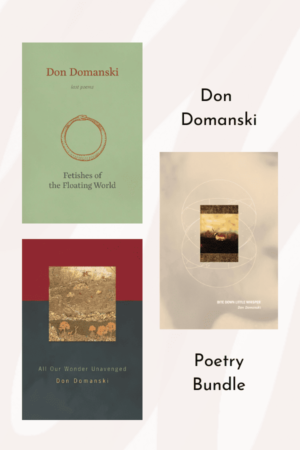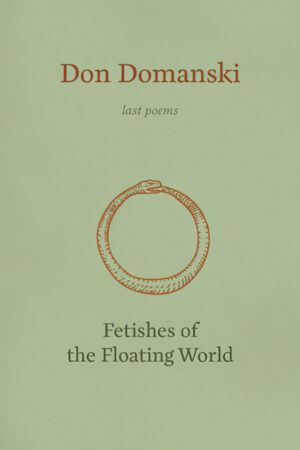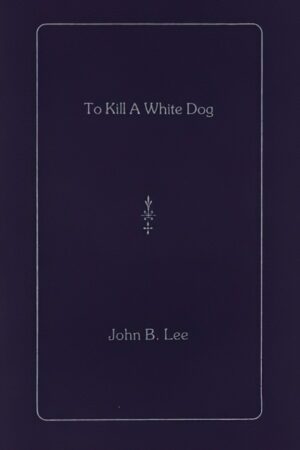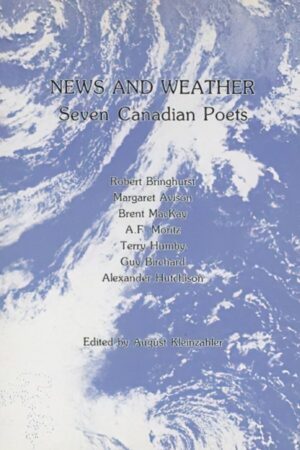All the Names Between by Julia McCarthy
$12.00 – $20.00
Winner 2018 J.M. Abraham Poetry Award;
Finalist 2017 Governor General’s Award for Poetry
Poems that form an eloquent, searching contemplation of “the warp and weft of being and nonbeing”
8.75 x 6 Inches | 144 Pages
Publication Date: April 1, 2017
Trade Paperback ISBN: 9781771314572
|
Trade Paperback $20 |
|
|
EPUB + PDF $12 |






